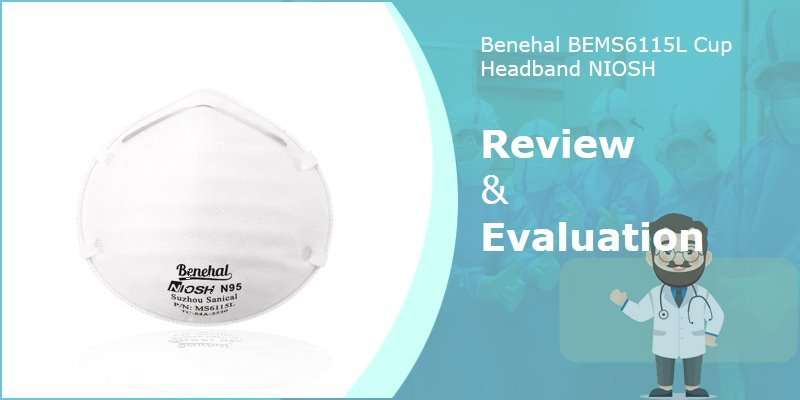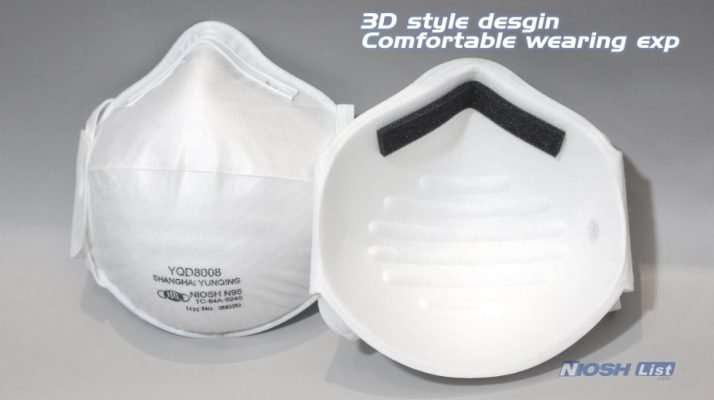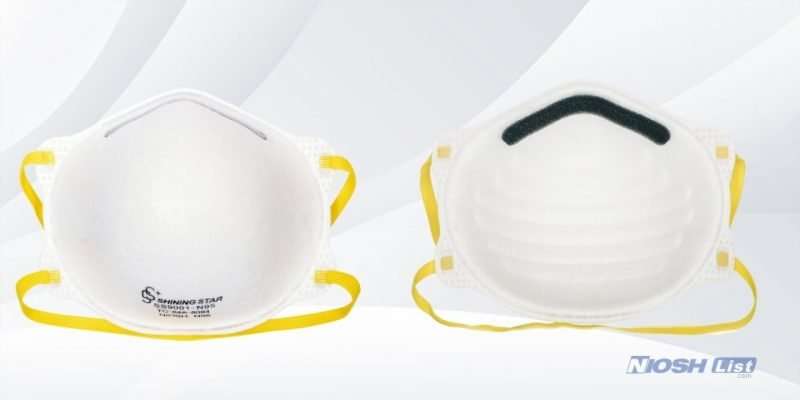Spraying weeds can be an easy way to keep your lawn looking great, but you may have wondered whether it’s necessary to wear a mask when doing so. Some weed killers can cause irritation, and other chemicals in the air may lead to respiratory problems as well. But by investing in and wearing the right kind of mask when spraying weeds, you can protect yourself from chemical inhalation while still keeping your lawn free of weeds. As you consider your options, keep in mind these factors that can help you choose the best type of mask for spraying weeds.
Dangers of Roundup
It’s easy to see why Roundup is so popular among farmers. It’s cheap, effective, and has little to no harmful side effects. But what about for home use? Should you wear protective gear when spraying around your house or on your lawn? The truth is, that glyphosate can be dangerous if it gets into your eyes, mouth, or skin. The long-term health effects are still being researched but many argue that these chemicals aren’t safe and could eventually lead to cancer. These risks may seem small—especially when you consider that you’re only spraying them outside—but they add up over time, especially if you have children or pets who like to play in your yard.
Inhaling Roundup and the Diagnosis of Health Issues
It’s always a good idea to protect yourself from potential dangers when you handle household products. A number of health hazards exist that can come about by breathing in chemical fumes and other substances, including Roundup. The general rule of thumb is: if you can smell it or taste it, then you don’t want to breathe it. Do you smell chemicals when spraying Roundup around your property? If so, stop immediately and find an alternative way to remove weeds without inhaling harmful chemicals.
Should I wear a mask when spraying pesticides?
It depends on what you’re spraying and how it affects your health. While most people don’t need to worry about pesticides in general, some chemical-based sprays can affect breathing and lead to serious health issues. If you’re planning on using a pesticide that could cause potential harm, always wear a mask designed for protecting your respiratory system while using it. If you have questions about whether or not you should wear an appropriately-designed mask when spraying, check with a professional PPE supplier.
What mask should I wear when spraying Roundup?
Most non-professional landscapers should wear some kind of mask when spraying Roundup. The active ingredient in Roundup, glyphosate, is an organophosphate herbicide. Organophosphates work by blocking acetylcholinesterase (AChE), an enzyme that acts as a catalyst for nerve impulses. Without AChE to speed up signals between cells, you can experience symptoms like nausea and drool, muscle twitching and cramping, sweating and salivating, decreased blood pressure, and respiratory depression (difficulty breathing). Many formulations of Roundup—particularly concentrates—are stronger than pure glyphosate and may include other chemicals designed to increase their effectiveness; these may also be absorbed through your skin or inhaled as you spray. The N95 Valved Respirator Mask is NIOSH approved according to the CDC. 7 of 9 people found this answer helpful. Will the N95 Valved Respirator Mask protect against 2-4 D, and roundup, also Bifen it? We recommend that you check each product’s MSDS for recommendations on protective gear. We listed some most selected n95 masks for working as below for your choice.
NIOSH Approved Benehal MS6115L N95 Cup Mask



What kind of PPE should be worn when spraying pesticides?
Proper personal protective equipment (PPE) should be worn when applying any type of pesticide to avoid exposing yourself to high levels of chemicals. Inhaling pesticides or getting them in your eyes can cause short-term and long-term health issues. Long-term exposure can result in allergies, asthma, neurological disorders, and fertility problems. Wear shielded safety glasses; a full-face respirator; snug-fitting, non-fogging goggles; or a full-face shield whenever the chemical could possibly contact your eyes. Safety glasses with brow and side shields are acceptable for low-exposure situations. Do not use chemical-resistant gloves as they are not totally protective against harsh chemicals.


